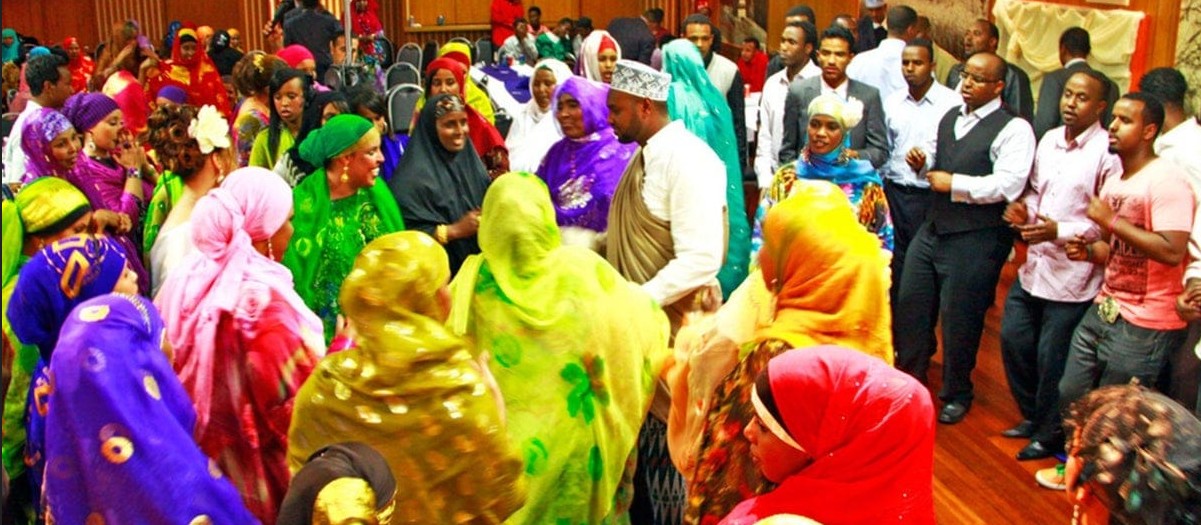Ethiopia’s Somali region bans costly wedding traditions in bid to ease burden on youth

Among those banned are the ritual slaughter of camels, expensive engagement gift exchanges, and the distribution of khat and cigarettes during celebrations.
In Ethiopia’s Somali region, religious leaders and community elders have come together to issue new guidelines aimed at reducing the financial burdens associated with traditional wedding customs.
The directive, led by the Islamic Affairs Council in Hamaro, has received official support from regional authorities and is intended to make marriage more accessible, particularly for young people facing economic hardship.
More To Read
The newly introduced regulations target a range of costly practices that have become common in the region's wedding ceremonies.
Among those banned are the ritual slaughter of camels, expensive engagement gift exchanges, and the distribution of khat and cigarettes during celebrations.
Religious figures and elders argue that these customs, while once symbolic and meaningful, have evolved into displays of wealth that overshadow the religious and social purpose of marriage.
Sheikh Abdirahman Rashid, the head of the Islamic Affairs Council in Hamaro, voiced concern over the way these traditions have changed over time. He noted that what was once a sacred and simple union has become increasingly defined by material expectations.
According to Abdirahman, the cost of marriage has made it unattainable for many, especially the younger generation.
“Marriage is becoming inaccessible. What was once a sacred act has become a performance of wealth. These customs were meant to honour, now, they demand a price,” said Sheikh Abdirahman.
One of the traditions highlighted in the reform is gabaati, which started as a modest gesture from the groom’s side to the bride’s neighbours. Originally a symbolic gift, it now often involves the exchange of camels and has become an expensive and complicated requirement.
Community elders say the evolution of such traditions has placed unnecessary social pressure on families and created logistical challenges.
The directive issued by the council goes beyond moral guidance. It introduces legal penalties for those who do not comply with the new rules. These include fines and possible jail time, indicating a serious commitment to enforcing the reform.
This initiative has sparked discussion across communities in the Somali Region, revealing a divide in how different generations view marriage customs.
In towns such as Godey, previous efforts to limit wedding expenses have failed to produce lasting change. Elders attribute this to how deeply embedded the practices are in social expectations.
While many young men welcome the reforms, seeing them as a step toward financial relief and social stability, others express concern over potential unintended consequences.
Top Stories Today












































